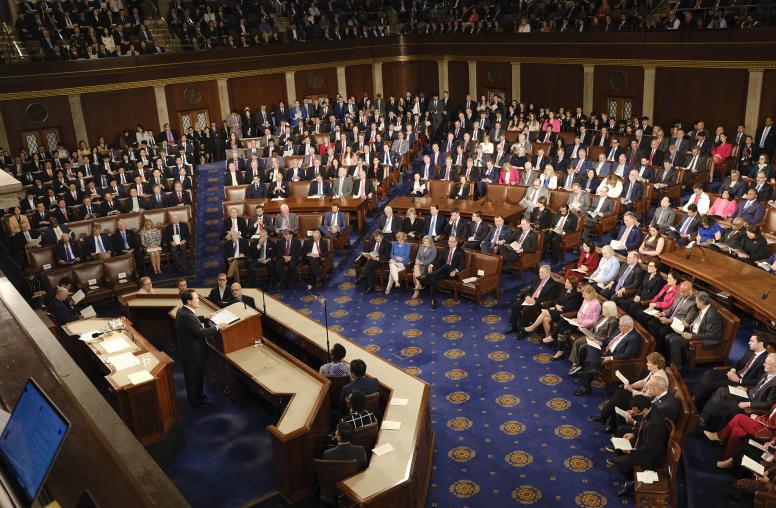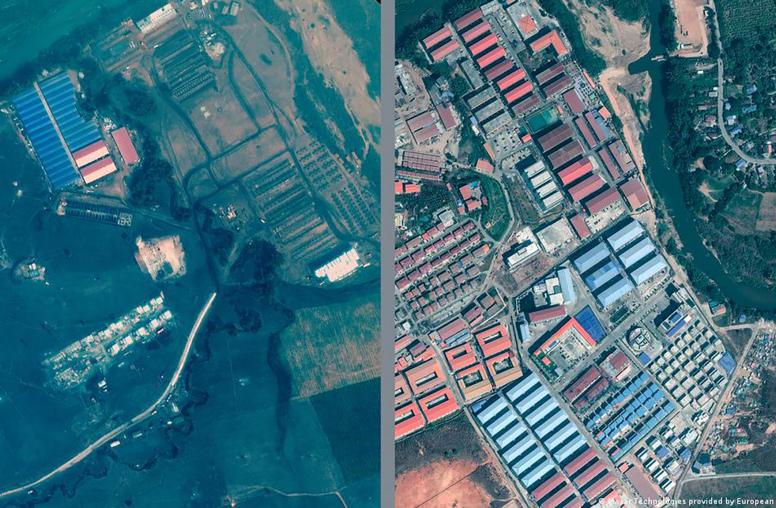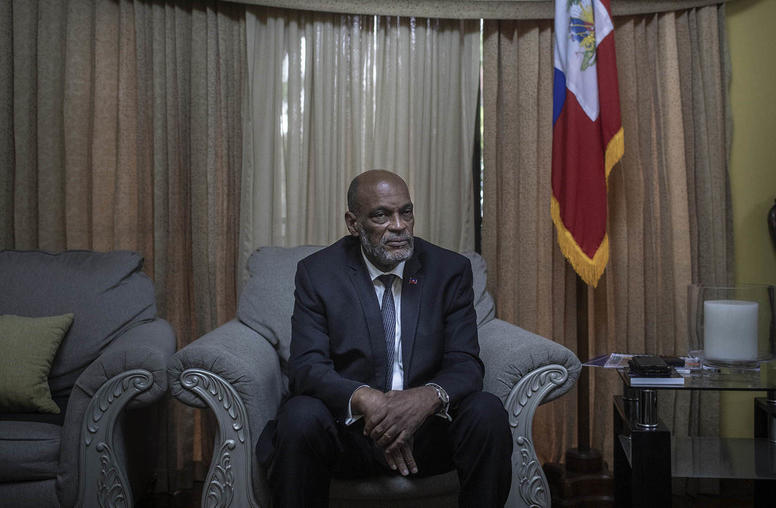 Global Policy
Global Policy
The U.S. Institute of Peace convenes officials and policy experts, influences high-level debates, and works with other institutions, government and civil society groups to discuss and develop better strategies that will prevent, mitigate or resolve violent conflict. Among the institute’s global policy priorities are the problem of fragility—when a state is vulnerable to violent conflict because government is unwilling or unable to address its citizens’ needs—and the need to better connect humanitarian relief, security sector assistance, political action and longer-term development aid.
Featured Publications

Why Counterterrorism in Afghanistan and Pakistan Still Matters
From wars in Ukraine and the Middle East to rising tensions in the South China Sea, there is no shortage of crises to occupy the time and attention of U.S. policymakers. But three years after the U.S. withdrawal from Afghanistan, the threat of terrorism emanating from South Asia remains strong and policymakers need to be more vigilant. Indeed, at the end of March, an Afghanistan-based affiliate of ISIS launched a devastating attack outside of Moscow, killing over 140 people.

What Does the Xi-Ma Meeting Mean for Cross-Strait Relations?
Chinese leader Xi Jinping held talks on April 10 with former Taiwan president Ma Ying-Jeou in Beijing’s Great Hall of the People. The meeting came as tensions between Beijing and Taipei remain high, particularly following Taiwan’s election at the beginning of the year, which saw pro-sovereignty candidate William Lai Ching-te win a historic third term for the ruling Democratic Progressive Party (DPP). Ma served as president from 2008 to 2016, is a member of the Nationalist (KMT) party and is known for advocating closer ties with mainland China.

How Congress Can Help Improve Relations with North Korea
Although the Constitution authorizes the president and the executive branch to lead foreign affairs, it also vests the legislative branch with responsibilities that impact the conduct of diplomacy and statecraft. These include the ability to “declare war,” “raise and support armies,” “regulate commerce with foreign nations” and approve treaties and diplomat appointments, as well as general oversight functions and power to appropriate money from the Treasury.
Current Projects

Transnational Organized Crime in Southeast Asia
Over the past decade, Southeast Asia has become a major breeding ground for transnational criminal networks emanating from China. USIP assembled a senior study group to assess one of the most pernicious aspects of such criminality: rapidly spreading, industrial-scale scam compounds that rely on forced labor lured from around the world. The senior study group convened four meetings to share research and information on the trends, dimensions and character of the criminal networks operating the scam compounds and developed recommendations for countering their malign effects.

Critical Minerals in Africa
Often throughout Africa’s history, natural resource exploitation has brought devastating consequences. However, it’s clear that Africa’s critical minerals will be developed regardless of the risks. The question is: How will critical minerals be developed and to whose benefit?

Crisis in Haiti
Analysis of Haiti’s deepening crisis, its implications for regional peace and security, and policy options for the United States to consider.